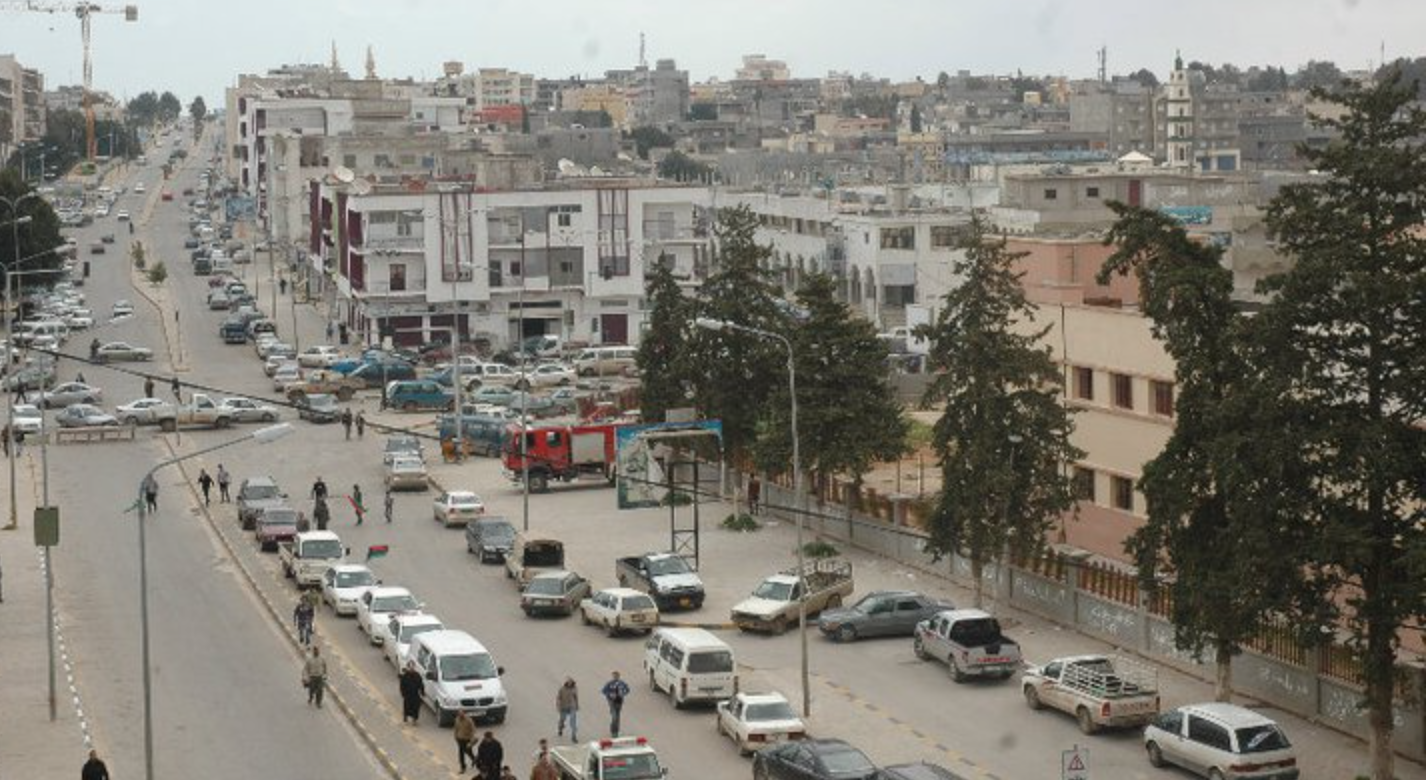The drop in crude production linked to social protests, the incessant quarrels between the different political actors and the delays in reconstruction projects in cities ravaged by deadly floods in September 2023 are weighing on growth prospects.
Fitch Solutions Country Risk & Industry Research lowered, on May 8, its economic growth forecast for Libya to 7.7% in 2024 compared to a previous estimate of 9.5%, due in particular to disruptions in oil production in the first quarter and the worsening of quarrels between the main political actors.
In a report entitled “Libya’s political stalemate and oil disruptions will see growth weaken in 2024”, the subsidiary of the Fitch Ratings rating agency specializing in research specified that crude production has already fallen by 3.5% year-on-year. annual in the first quarter of the current year under the effect of social protests which blocked the activities of several oil sites, noting that this will weigh on economic growth over the whole year given that the sector represents approximately two thirds of the country’s GDP, more than 95% of exports of goods and around 97% of public revenue.
The incessant quarrels between the different political actors, including the standoff between the governor of the Central Bank of Libya (CBL), Al-Seddik Omar al-Kabir, and the head of the government recognized by the international community, Abdelhamid Dbeibah, continue further delay the disbursement of funds necessary for public investments and discourage foreign investors.
Fitch Solutions Country also notes that the delays in reconstruction projects in cities ravaged by deadly floods in September 2023 are also hampering the recovery of investments.
Among the positive points, the increase in oil revenues resulting from the rise in crude prices on the international market should stimulate public spending, and have a knock-on effect on household consumption. Especially since the authorities plan to increase salaries in the public sector to put an end to the protests which have broken out in recent months around several oil terminals.
The fall in food prices should also support household spending, even if the depreciation of the Libyan dinar by more than 30.0% since the start of 2024 and the new restrictions on foreign currency outflows will limit the positive effects of this decline in prices.








Réagissez à cet article